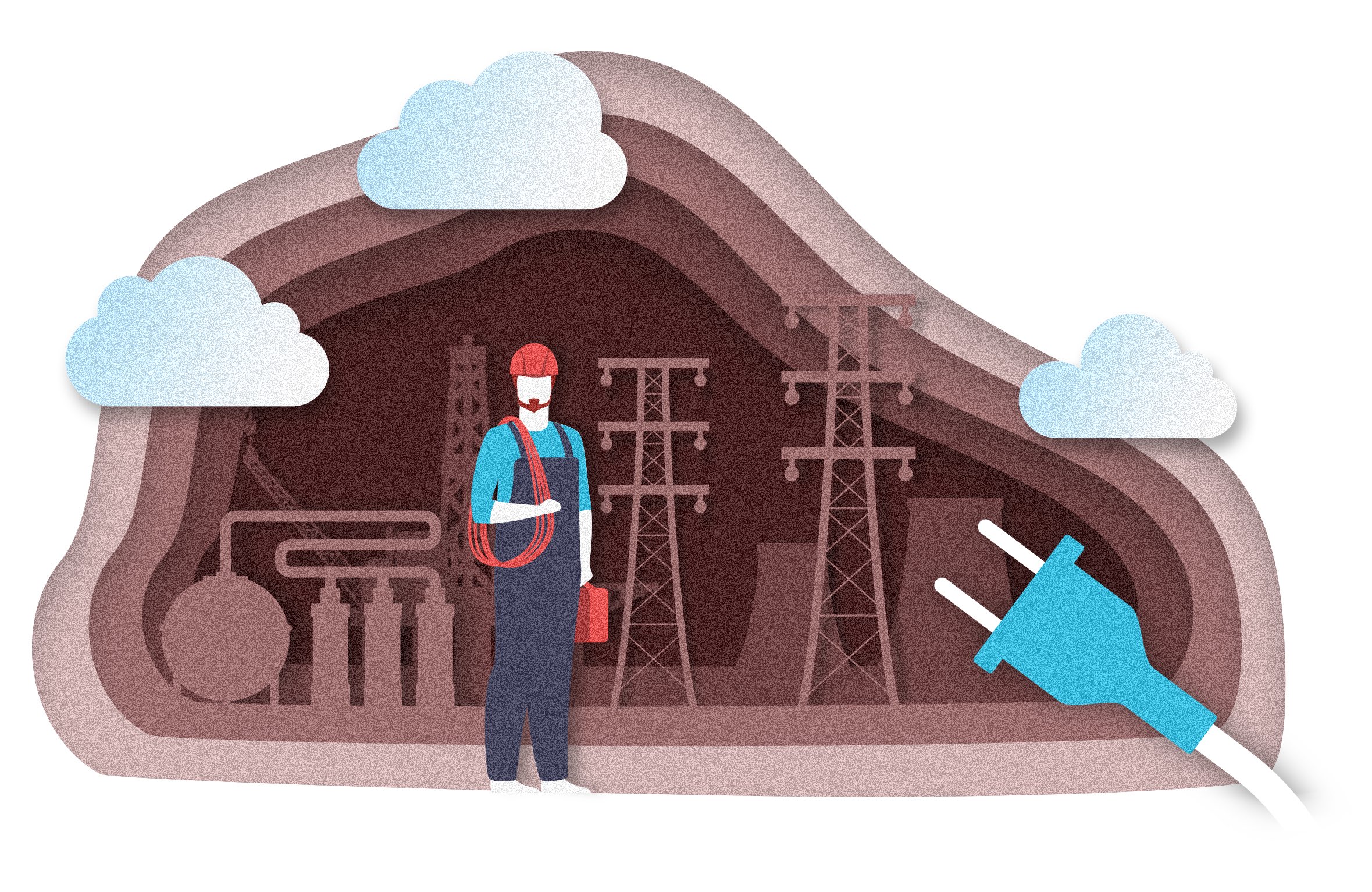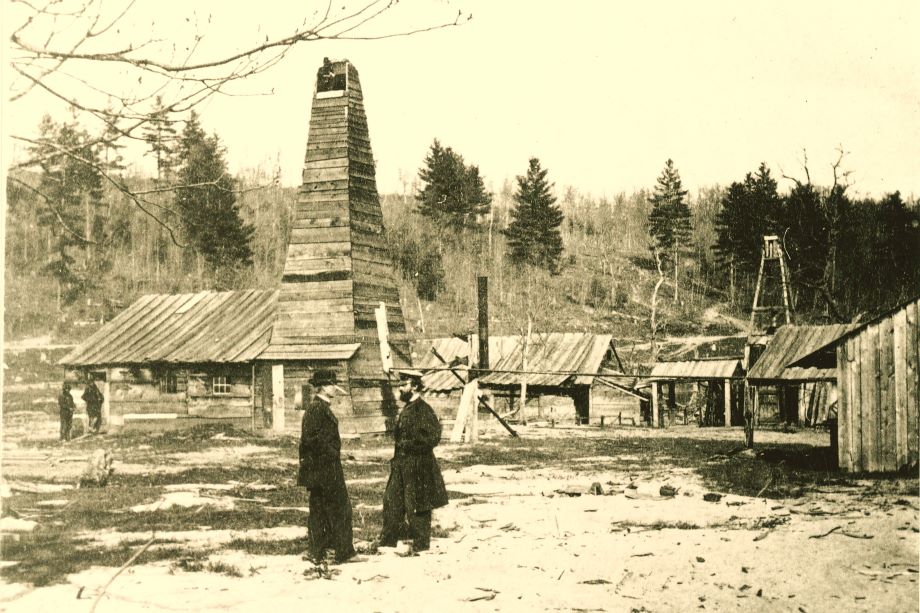Nigerian Government Investing Billions in Oil-Related Infrastructure
Nigerian Government Investing Billions in Oil-Related Infrastructure
Addressing a bleak COVID-related economic downturn, Nigeria is breaking ground on massive infrastructure projects to further combat recession. This month, the Nigerian government began a $2 billion rail line to connect to neighboring Niger, with backing from Infraco—a public-private fund with $2.6 billion in seed capital from the Central Bank of Nigeria, Nigerian Sovereign Investment Authority, and the Africa Finance Corporation. There are, however, some concerns about the project’s transparency, including the involvement of some Chinese backers.
An even larger rail project is slated for March 2021: a $3 billion railway connecting the southern Port Harcourt to the northern city Maiduguri. President Muhammadu Buhari’s administration is seeking to boost the country’s oil-producing capabilities by remedying congested ports and modernizing failing railways. Nigeria is Africa’s largest crude oil producer, but oil-rich hubs such as Port Harcourt are in need of rehabilitation. As such, the state-owned Nigerian National Petroleum Corp. is raising $1 billion for new construction and renovations at the Port Harcourt refinery, which was shuttered in March 2019 for repairs.
Nigeria, which is a member of OPEC (Organization of the Petroleum Exporting Countries), operates nearly 20 pipelines, produces approximately two million barrels daily, and its petroleum industry accounts for around 90 percent of the country’s export value. Joint-venture companies operating in Nigeria’s oil and gas sector include Royal Dutch Shell, Chevron, Exxon-Mobil, Agip (Italian), and Total (French).
To engage with ASME on this development, please do not hesitate to reach out to Aaron Weinerman, Manager, Global Public Affairs, at WeinermanA@asme.org.




